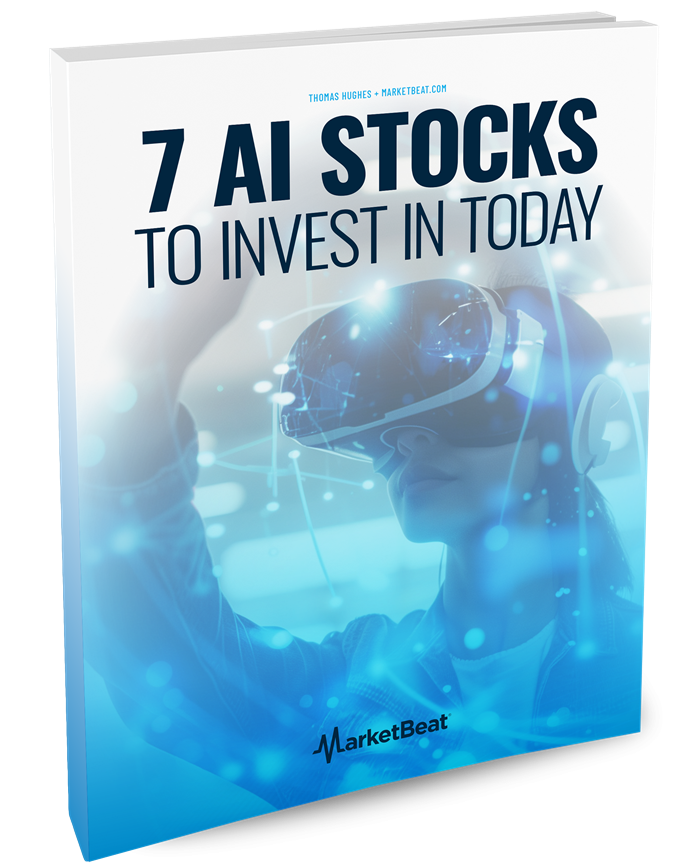TORONTO (AP) — As the rapid, unregulated development of artificial intelligence continues, the language people in Silicon Valley use to describe it is becoming increasingly religious.
From predicting the potential destruction of humanity to a transhumanist apocalypse where people merge with AI, here’s what some of the key players are saying.
___
“I think religion will be in trouble if we create other beings. Once we start creating beings that can think for themselves and do things for themselves, maybe even have bodies if they’re robots, we may start realizing we’re less special than we thought. And the idea that we’re very special and we were made in the image of God, that idea may go out the window.”
— Nobel Prize winner Geoffrey Hinton, often dubbed the “Godfather of AI” for his pioneering work on deep learning and neural networks.
___
“By 2045, which is only 20 years from now, we’ll be a million times more powerful. And we’ll be able to have expertise in every field.”
— author and computer scientist Ray Kurzweil, who believes humans will merge with AI.
___
“There certainly are dimensions of the technology that have become extremely powerful in the last century or two that have an apocalyptic dimension. And perhaps it’s strange not to try to relate it to the biblical tradition.”
— PayPal and Palantir co-founder Peter Thiel speaking to the Hoover Institution at Stanford University.
___
“I feel that the four big AI CEOs in the U.S. are modern-day prophets with four different versions of the Gospel and they’re all telling the same basic story that this is so dangerous and so scary that I have to do it and nobody else.”
— Max Tegmark, a physicist and machine learning researcher at the Massachusetts Institute of Technology.
___
“When people in the tech industry talk about building this one true AI, it’s almost as if they think they’re creating God or something.”
— Meta CEO Mark Zuckerberg on a podcast promoting his company’s own venture into AI.
___
“Everyone (including AI companies!) will need to do their part both to prevent risks and to fully realize the benefits. But it is a world worth fighting for. If all of this really does happen over 5 to 10 years — the defeat of most diseases, the growth in biological and cognitive freedom, the lifting of billions of people out of poverty to share in the new technologies, a renaissance of liberal democracy and human rights — I suspect everyone watching it will be surprised by the effect it has on them.”
— Anthropic CEO Dario Amodei in his essay, “Machines of Loving Grace: How AI Could Transform the World for the Better.”
___
"You and I are living through this once-in-human-history transition where humans go from being the smartest thing on planet Earth to not the smartest thing on planet Earth."
— OpenAI CEO Sam Altman during an interview for TED Talks.
___
“These really big, scary problems that are complex and challenging to address — it’s so easy to gravitate towards fantastical thinking and wanting a one-size-fits-all global solution. I think it’s the reason that so many people turn to cults and all sorts of really out there beliefs when the future feels scary and uncertain. I think this is not different than that. They just have billions of dollars to actually enact their ideas.”
— Dylan Baker, lead research engineer at the Distributed AI Research Institute.
___
Associated Press religion coverage receives support through the AP’s collaboration with The Conversation US, with funding from Lilly Endowment Inc. The AP is solely responsible for this content.
Before you consider PayPal, you'll want to hear this.
MarketBeat keeps track of Wall Street's top-rated and best performing research analysts and the stocks they recommend to their clients on a daily basis. MarketBeat has identified the five stocks that top analysts are quietly whispering to their clients to buy now before the broader market catches on... and PayPal wasn't on the list.
While PayPal currently has a Hold rating among analysts, top-rated analysts believe these five stocks are better buys.
View The Five Stocks Here

We are about to experience the greatest A.I. boom in stock market history...
Thanks to a pivotal economic catalyst, specific tech stocks will skyrocket just like they did during the "dot com" boom in the 1990s.
That’s why, we’ve hand-selected 7 tiny tech disruptor stocks positioned to surge.
- The first pick is a tiny under-the-radar A.I. stock that's trading for just $3.00. This company already has 98 registered patents for cutting-edge voice and sound recognition technology... And has lined up major partnerships with some of the biggest names in the auto, tech, and music industry... plus many more.
- The second pick presents an affordable avenue to bolster EVs and AI development…. Analysts are calling this stock a “buy” right now and predict a high price target of $19.20, substantially more than its current $6 trading price.
- Our final and favorite pick is generating a brand-new kind of AI. It's believed this tech will be bigger than the current well-known leader in this industry… Analysts predict this innovative tech is gearing up to create a tidal wave of new wealth, fueling a $15.7 TRILLION market boom.
Right now, we’re staring down the barrel of a true once-in-a-lifetime moment. As an investment opportunity, this kind of breakthrough doesn't come along every day.
And the window to get in on the ground-floor — maximizing profit potential from this expected market surge — is closing quickly...
Simply enter your email below to get the names and tickers of the 7 small stocks with potential to make investors very, very happy.
Get This Free Report
Like this article? Share it with a colleague.
Link copied to clipboard.